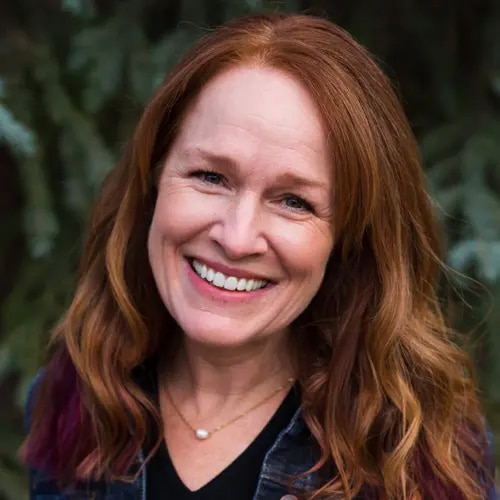This is very much up to the individual, so we’re going to lead with a reminder to ask. Racial identity is very personal, and the language we use to refer to a person’s race is a reflection of that.
Black and African American are not always interchangeable. African American was typically used to refer to descendants of people from African who were enslaved. Some people prefer the term Black because they do not identify as African and/or American, because they can’t trace their lineage back to Africa or because being Black isn’t just about race, it’s an entire culture. Some still identify as Black and African American and use the terms interchangeably for themselves, depending on the situation.
When you’re writing, capitalize the ‘b’ in Black. Why? The Associated Press style guide, which most newsrooms adhere to, announced Black should be capitalized in “a racial, ethnic or cultural sense, conveying an essential and shared sense of history, identity and community among people who identify as Black, including those in the African diaspora and within Africa. The lowercase black is a color, not a person.” The AP said it will also now capitalize “Indigenous” in reference to the original inhabitants of a place, too. So, just like you’d capitalize other racial and ethnic identifiers such as Latino, Asian American, you should now capitalize Black.
As a default or if you’re unsure, use Black and if you’re corrected, switch to African American or whatever term the person asks you to use. For example, some people may identify as African, Afro-Caribbean, Afro-Latino and many other races and ethnicities.
Do not say “the blacks.” And never, ever, ever “negro” the “n-word” or “colored.”
You’ll also sometimes hear the terms BIPOC of POC. This stands for Black Indigenous People of Color, or People of Color. It’s used primarily in the United States to describe any person who is not considered white.
The term encompasses all non-white people in order to emphasize the common experience of systemic racism. Because the term “Black, Indigenous People of Color” includes vastly different people with only the common distinction of not being white, it draws attention to the fundamental role and shared experience not common to whites.
BIPOC encompasses all people self-identifying by the general categories of African American or Black; Hispanic, Latino or Chicano; Asian or Pacific Islander; American Indian or Native American or Alaskan Native.
Don’t use the blanket term BIPOC when you’re talking about an issue, or part of an issue, that is specific to a certain group of people, or that isn’t shared or differs across all BIPOC. For example, if you’re talking about incarceration rates those are different in the Black community than the Latino community so you would not use BIPOC when discussing that issue.
Language is a powerful part of our identities and inclusion, so we’ll leave you with this friendly reminder to ask what the people in your life prefer.
If you would like to continue learning about racial identity, download our Everyday Inclusion App.

Maureen “Mo” Berkner Boyt, is the moxie behind The Moxie Exchange. She is a thought-leader in DEI and has brought the most innovative product in the space to market. Maureen has spent over 25 years helping organizations grow by creating inclusive workplaces where talented people can thrive. People around the world are using the tools she created to build diverse and inclusive cultures in their organizations. Maureen holds a Master’s Degree in Organizational Development and is a published author and frequently requested speaker, teaching top organizations how to improve their bottom line by expanding their footprint in DEI. Her Disrupt HR Talk, Hack Your Biased Brain, is one of the most popular talks of the movement. Mo is a natural leader, entrepreneur, and dynamic educator who is an expert on getting people to think big, take action and move the dial on driving results for themselves and their teams.
